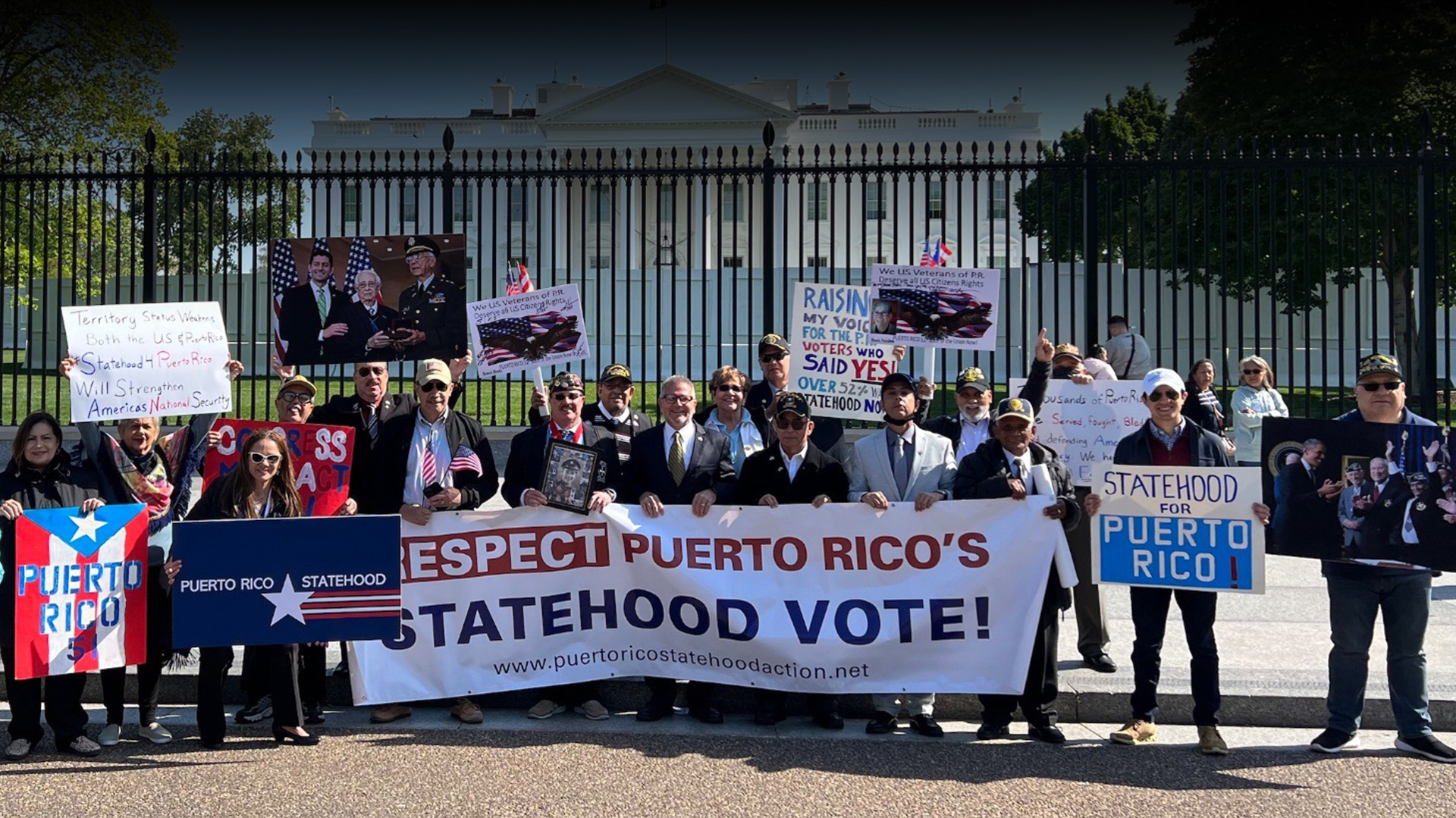Puerto Rico has held six plebiscites on the question of the Island’s political status. A plebiscite is a vote held to find out the opinion of the voters. These votes are not normally binding and do not lead to new laws, and that has been the case for Puerto Rico’s plebiscites.
in 1967, 60% of voters chose “commonwealth,” which was at the time believed to be a new, special, best of both worlds arrangement that would evolve into a special relationship in which Puerto Rico would have the advantages of sovereignty without the responsibilities. This fantasy status has been repeatedly rejected as unconstitutional by all three branches of the U.S. government. Statehood received 38.9% of the vote.
In 1993, 48.6% chose “commonwealth” and 46.3% chose statehood.
In 1998, 46.5% chose statehood, but 50.3% chose “none of the above.” “Commonwealth” supporters claimed that those “none of the above” votes were all for
“commonwealth,” but of course we cannot be certain of what these voters meant by their choice.
In 2012, 46% said they would like to continue as a territory, while 54% did not want that. In a second question, 61.13% chose statehood.
In 2017, 97% chose statehood, while 1.35% chose to remain a territory.
In 2020, on a yes/no vote for statehood like the votes held in Alaska and Hawaii, 53% of voters said yes. 47% said no, but again it is not possible to tell which non-statehood option these voters preferred.
Independence never gained more than 5% of the vote in any of these referenda. Statehood not only increased its margin for 50 years, but it was also the top choice in every vote in the 21st century. Now that the unrealistic “commonwealth” option is off the table, it is clear that statehood is the people’s choice.
Another referendum?
Puerto Rico leaders are currently discussing the possibility of holding another plebiscite along with the general election. President Barack Obama called for a federally-sponsored, federally-funded vote on the status question, with public education on all the options, in the 2014 federal budget. That referendum has never been held.
The Puerto Rico Status Act calls for a final referendum, with an agreement by Congress to take action on the choice made by the voters. If the Puerto Rico Status Act passes and another referendum has already been scheduled for November 2024 or has already taken place, there might still be yet another vote.
Elmer Román, the running mate of Jenniffer González Colón, called for the 2024 vote, saying, “Those who seek to dismiss the issue [by saying] that it is not a ‘priority’ are those who try to perpetuate colonialism, a status that only benefits an elite, who seek to protect their own interests.”









No responses yet